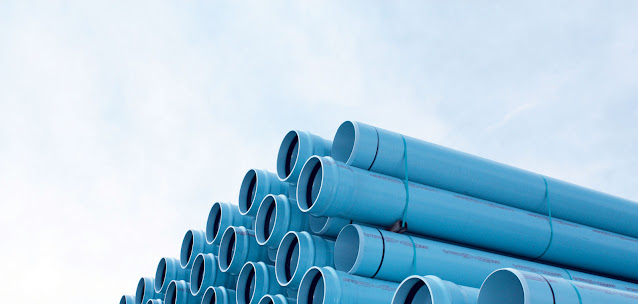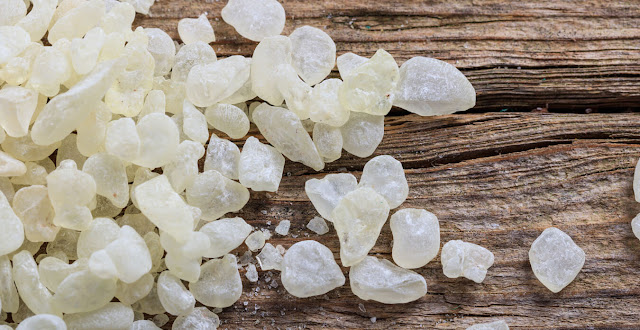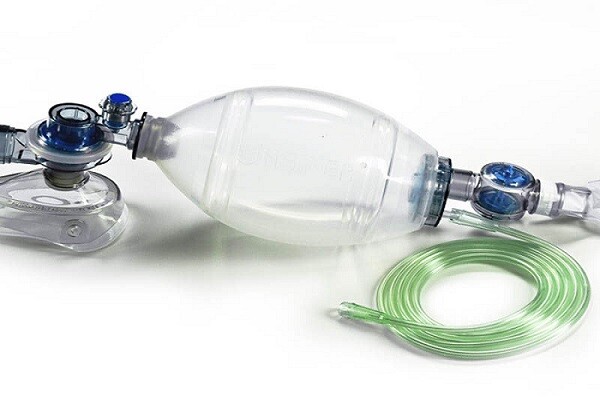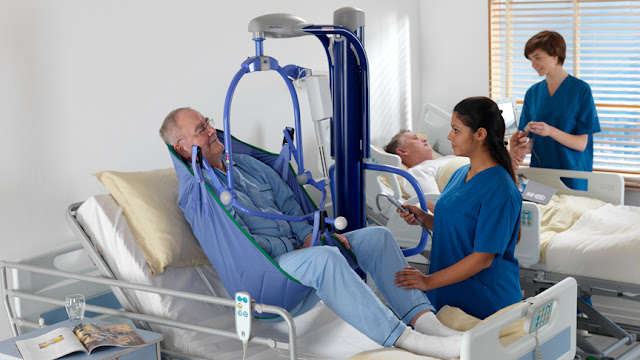The Versatile Applications of PVC Pipes in Construction Industry
 |
| PVC Pipes |
Material and Properties
Polyvinyl chloride, commonly abbreviated as PVC, is a thermoplastic polymer
which forms the basic raw material used in making PVC pipes. PVC resins are
produced by polymerizing vinyl chloride monomer. PVC pipes have a variety of
desirable properties which make them suitable for diverse applications. They
are lightweight, durable, corrosion resistant and easy to install. Being
thermoplastic in nature, PVC can be easily joined by solvent welding or other
joining techniques. The material is non-toxic and does not support microbial
growth, making PVC pipes hygienic for potable water supply applications. PVC
pipes have high tensile and impact strength combined with flexibility, thus
allowing them to withstand pressures and impacts. They are cost effective and
available in different grades suitable for diverse applications.
Usage in Plumbing Systems
PVC
Pipes are extensively used in domestic, commercial and industrial
plumbing systems for applications like water supply, sewerage, drainage etc.
They have largely replaced traditional materials like copper, steel and
concrete in pressurized systems. Being lightweight, easy to cut and join, PVC
pipes can be installed quickly without much expertise. Various types of
fittings are available to allow multi-directional piping runs. Different
pressure and non-pressure grades of PVC pipes are used depending on the
application requirements. They are corrosion resistant and do not rust, scale
or weaken over long term use with water, sewage or other liquids. PVC sewer
pipes are highly durable and maintain structural integrity even after decades of
use.
Application in Electrical Conduits
PVC conduits are commonly used as protective enclosures for electrical wiring
in residential, commercial and industrial buildings. Electrical insulated PVC
conduits have relatively high mechanical strength with good resistance to
corrosion, chemicals, moisture and heat. They are cost effective, lightweight
and easy to install compared to metal conduits. Both rigid and flexible types
of PVC conduits are available allowing flexibility in routing cables within
walls, floors or along structural elements. Their non-conductive nature
electrically isolates live wires, preventing shock hazards. being uniform in
size and transparent, PVC conduits allow visual inspection of wires during or
after installation.
Usage as Ducts for HVAC Systems
Heating, ventilation and air conditioning or HVAC duct systems frequently use
rigid and flexible PVC pipes for distributing conditioned air to various zones
within buildings. Key advantages of PVC ducts include light weight, ease of
installation, resistance to moisture, durability, noise insulation and cost
effectiveness. Various grades are available for applications requiring varying
air pressures and temperatures. Unlike metal ducts, PVC ducts do not corrode or
develop leaks over time even in humid and corrosive environments. They are
inert to mold or microbial growth, maintaining hygiene of circulated air. Smoke
classified PVC ducts conform to fire safety standards, preventing spread of
fire and smoke through ductwork.
Other Construction Applications
PVC pipes find numerous other construction related applications such as
drainage, irrigation, cable ducting etc. Corrugated PVC pipes are commonly used
for drainage of storm water, seepage water and agricultural effluents. Their
rigidity and corrosion resistance allows gravity flow of drain water over long
distances. PVC pipes are also used for micro and drip irrigation of farms due
to uniform distribution of water, resistance to weathering and minimal leakage
losses. Flexible PVC conduits protect underground cables, telecom cables and
utility lines from mechanical impacts and corrosion. PVC sheets have
applications in signages, fascia and roof sheeting due to weather resistance
and durability. PVC windows have gained popularity due to low maintenance and
resistance to warping common in wood. They do not require painting like metal
windows.
Future Growth Prospects
Global market for PVC pipes is projected to grow steadily driven by increasing
urbanization and infrastructure investments across developing economies.
Material substitution opportunities from metals to lower cost and ease of
installation PVC systems will drive volumes. Market penetration is expected to
rise in plumbing, electrical, telecom and irrigation applications in residential,
commercial and industrial sectors. Extruded PVC pipes manufacturing technology
allows mass production of standardized as well customized piping solutions.
Ongoing research improves properties like heat resistance, abrasion resistance
and further increases durability. With sustainable production practices, PVC
pipes will continue to dominate non-metallic piping applications owing to
versatility and competitive life cycle costs.
Versatile properties like corrosion resistance, durability, lightweight, flexibility
and affordability have made PVC pipes favored material for diverse construction
applications. Their extensive usage in plumbing, electrical, HVAC, irrigation,
drainage systems can be attributed to easy installation, reliability and
minimal maintenance requirements. Continuous improvements through research and
expansion into emerging markets promise strong future growth prospects for PVC
pipes industry.
Get
more insights on this topic: PVC
Pipes



Comments
Post a Comment